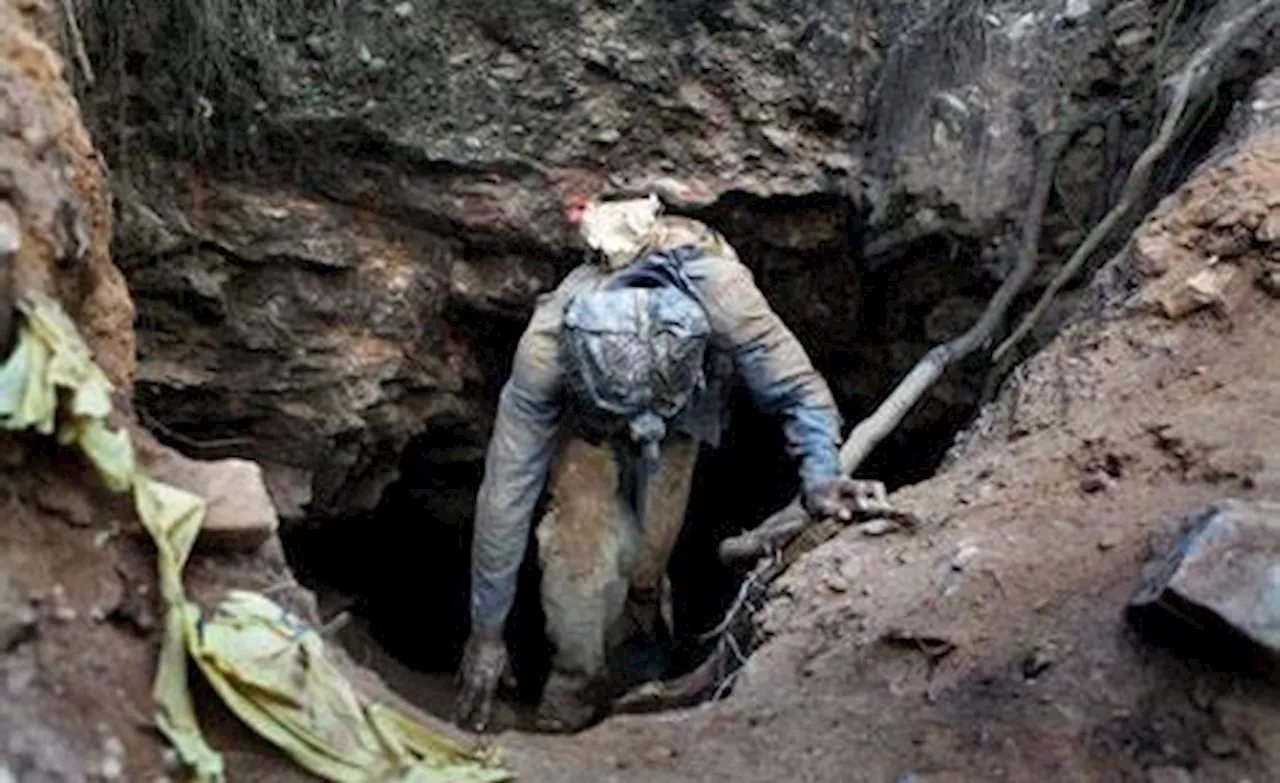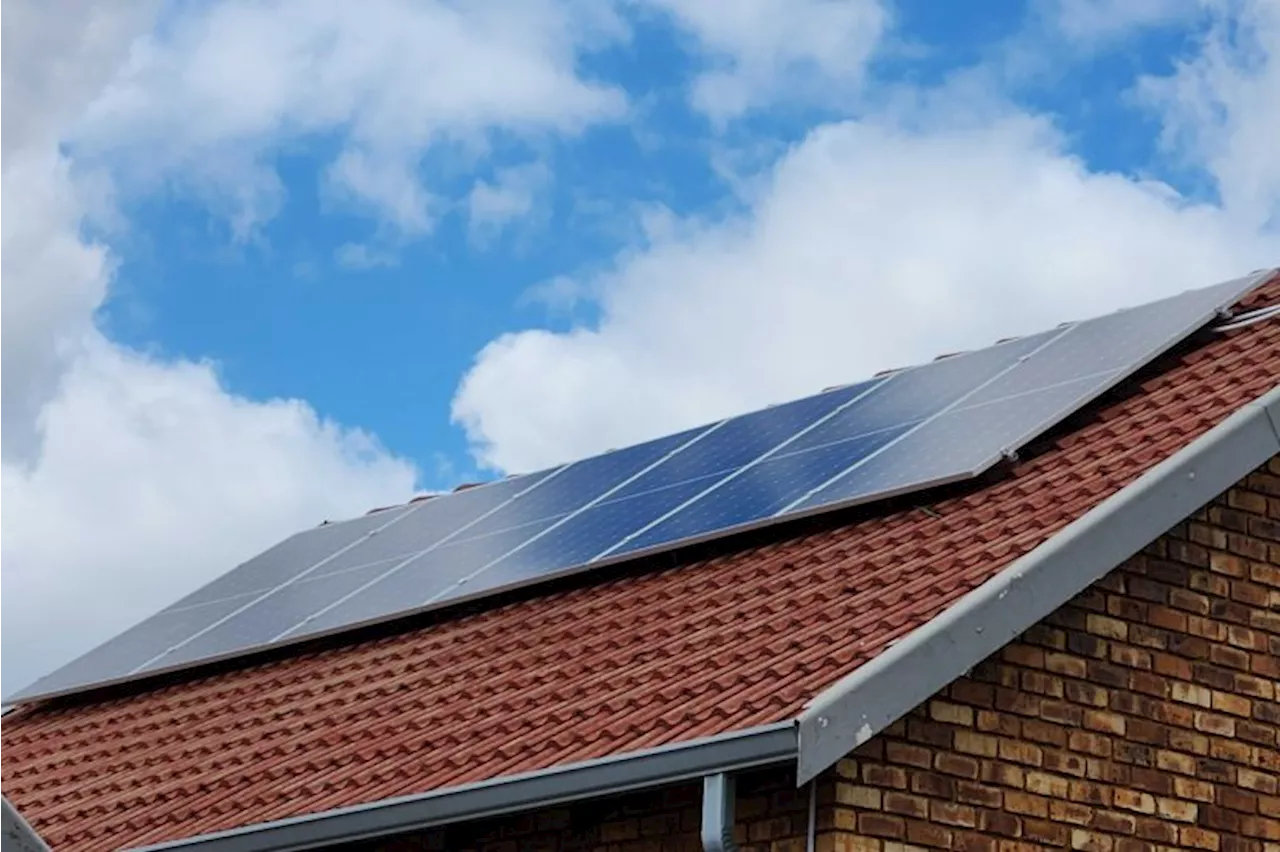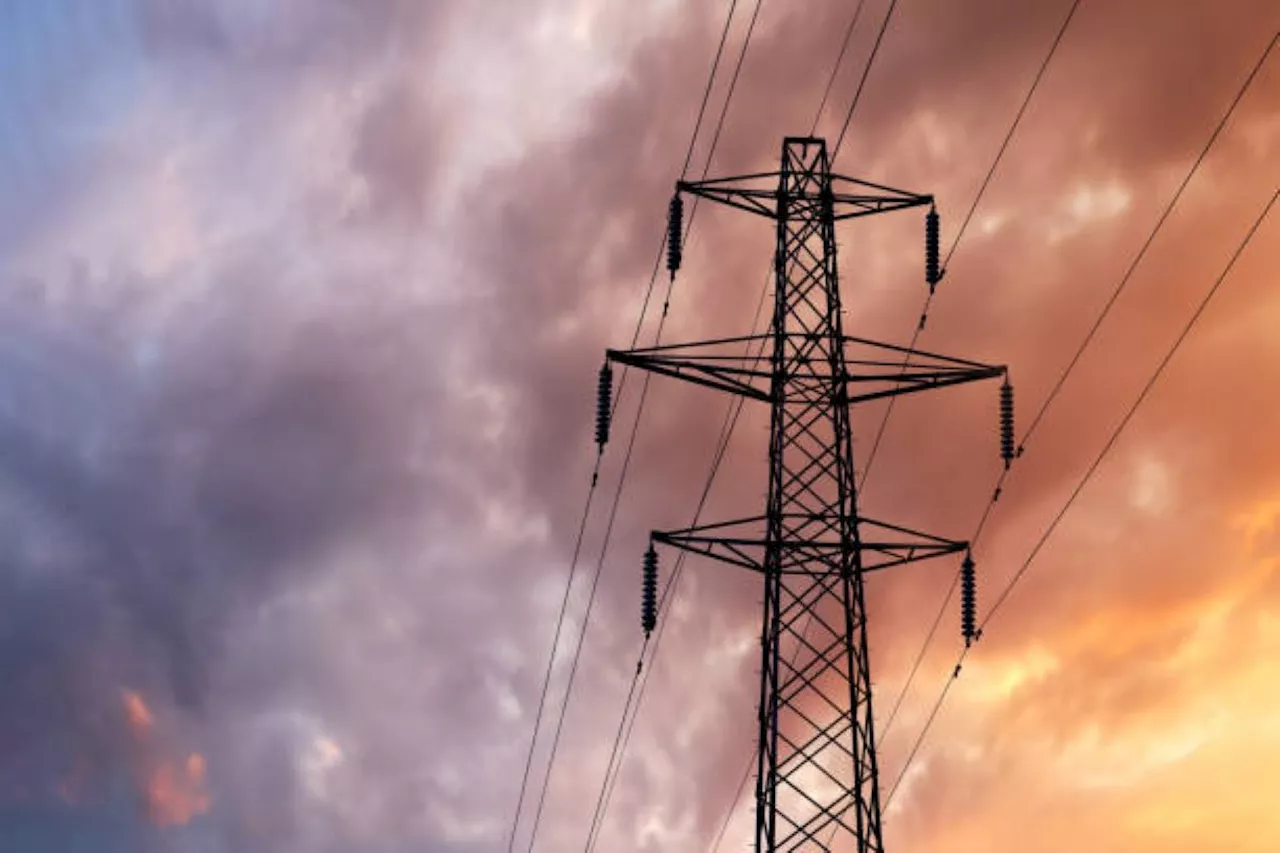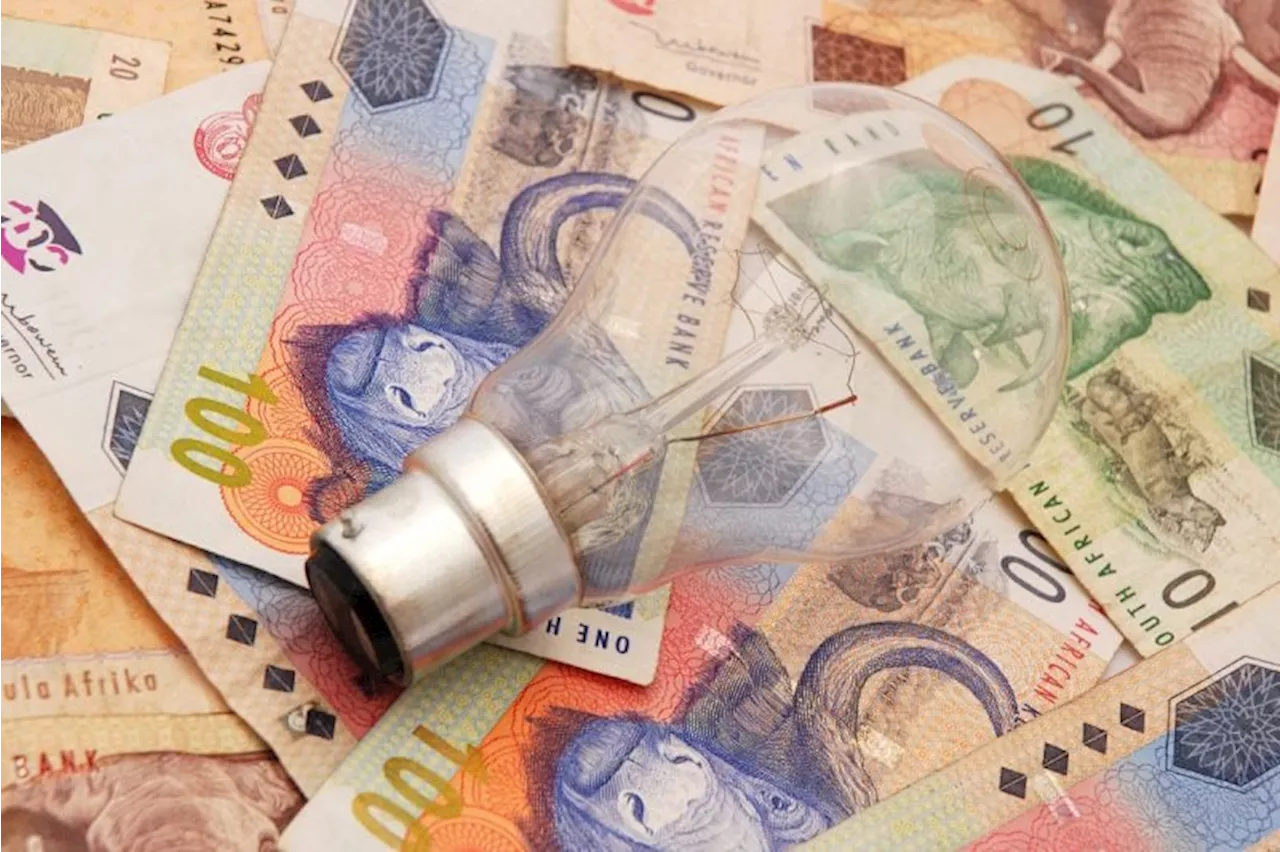Electricity price hikes in South Africa, consistently above inflation since 2008, have driven inflation and forced the Reserve Bank to maintain elevated interest rates. While inflation cooled in 2024, experts warn that structural drivers, particularly electricity tariffs, continue to put upward pressure on prices. Eskom's declining sales due to customers switching to alternative energy sources further exacerbate the situation, creating a potential death spiral for the utility.
South Africa’s electricity prices have consistently increased above the rate of inflation since 2008, pushing headline inflation higher and forcing the Reserve Bank to keep interest rates elevated.
While this approach has been criticised, Packirisamy pointed out that it is warranted as an aggressive and deep-cutting cycle could reignite inflation. Higher electricity tariffs have been combined with increases to other administered services such as municipal charges, water tariffs, and fuel prices.
Consistent above-inflation increases in the price of electricity has not only been a structural driver of inflation in recent years, but is now beginning to impact Eskom’s sales. The company has seemingly solved the load-shedding crisis in 2024, with power cuts implemented towards the end of March.This is largely due to the utility’s repeated above-inflation increases in electricity tariffs in South Africa over the past decade.
ELECTRICITY PRICES INFLATION SOUTH AFRICA ESKOM ALTERNATIVE ENERGY
South Africa Latest News, South Africa Headlines
Similar News:You can also read news stories similar to this one that we have collected from other news sources.
 South Africa: Death of Miners in South Africa a Government FailureRights groups are criticizing South Africa's government for failing to prevent what they call a 'massacre' at the Buffelsfontein mine, after security officials cut off food, water, and other essential supplies to miners trapped underground and delayed a rescue operation.
South Africa: Death of Miners in South Africa a Government FailureRights groups are criticizing South Africa's government for failing to prevent what they call a 'massacre' at the Buffelsfontein mine, after security officials cut off food, water, and other essential supplies to miners trapped underground and delayed a rescue operation.
Read more »
 Eskom Tariff Hikes Could Drive Solar Adoption in South AfricaEskom's planned tariff hikes in 2025, coupled with the decreasing cost of solar technology, are likely to incentivize more South African households to adopt off-grid solar power systems.
Eskom Tariff Hikes Could Drive Solar Adoption in South AfricaEskom's planned tariff hikes in 2025, coupled with the decreasing cost of solar technology, are likely to incentivize more South African households to adopt off-grid solar power systems.
Read more »
 Electricity price nightmare in South AfricaEskom’s electricity tariffs have increased by 148% since 2015.
Electricity price nightmare in South AfricaEskom’s electricity tariffs have increased by 148% since 2015.
Read more »
 South Africa Celebrates Near Year of Stable Electricity SupplySouth Africa has experienced an almost uninterrupted electricity supply since March 2024, marking a significant milestone after years of rolling blackouts. Eskom, the country's power utility, attributes this success to reduced unplanned outages and increased maintenance efforts. While a potential winter shortfall remains, Eskom is optimistic about maintaining stable power supply in the coming months.
South Africa Celebrates Near Year of Stable Electricity SupplySouth Africa has experienced an almost uninterrupted electricity supply since March 2024, marking a significant milestone after years of rolling blackouts. Eskom, the country's power utility, attributes this success to reduced unplanned outages and increased maintenance efforts. While a potential winter shortfall remains, Eskom is optimistic about maintaining stable power supply in the coming months.
Read more »
 South Africa's Controversial RCA Mechanism Drives Soaring Electricity PricesThe Regulatory Clearing Account (RCA) in South Africa's electricity tariff system allows Eskom to recover costs exceeding projected revenue, leading to higher electricity prices for consumers. Critics argue that the RCA lacks transparency and disincentivizes Eskom from improving its financial and operational performance.
South Africa's Controversial RCA Mechanism Drives Soaring Electricity PricesThe Regulatory Clearing Account (RCA) in South Africa's electricity tariff system allows Eskom to recover costs exceeding projected revenue, leading to higher electricity prices for consumers. Critics argue that the RCA lacks transparency and disincentivizes Eskom from improving its financial and operational performance.
Read more »
 Load-shedding fears rise as South Africa faces electricity supply crunchProject development company Cresco forecasts a potential return of stage 1 load-shedding in South Africa towards the end of January and beginning of February due to a projected imbalance between electricity supply and demand. Cresco points to increased demand during this period coupled with planned maintenance outages at Eskom's power stations as contributing factors. While Eskom has managed supply-demand challenges effectively so far using diesel-powered peaking stations and load curtailment agreements, Cresco warns of potential risks associated with aging power infrastructure and the reliance on intermittent renewable energy sources. Although load-shedding is not expected to reach the severity seen between 2021 and 2024, Cresco urges action to ensure Eskom can meet future demand.
Load-shedding fears rise as South Africa faces electricity supply crunchProject development company Cresco forecasts a potential return of stage 1 load-shedding in South Africa towards the end of January and beginning of February due to a projected imbalance between electricity supply and demand. Cresco points to increased demand during this period coupled with planned maintenance outages at Eskom's power stations as contributing factors. While Eskom has managed supply-demand challenges effectively so far using diesel-powered peaking stations and load curtailment agreements, Cresco warns of potential risks associated with aging power infrastructure and the reliance on intermittent renewable energy sources. Although load-shedding is not expected to reach the severity seen between 2021 and 2024, Cresco urges action to ensure Eskom can meet future demand.
Read more »
